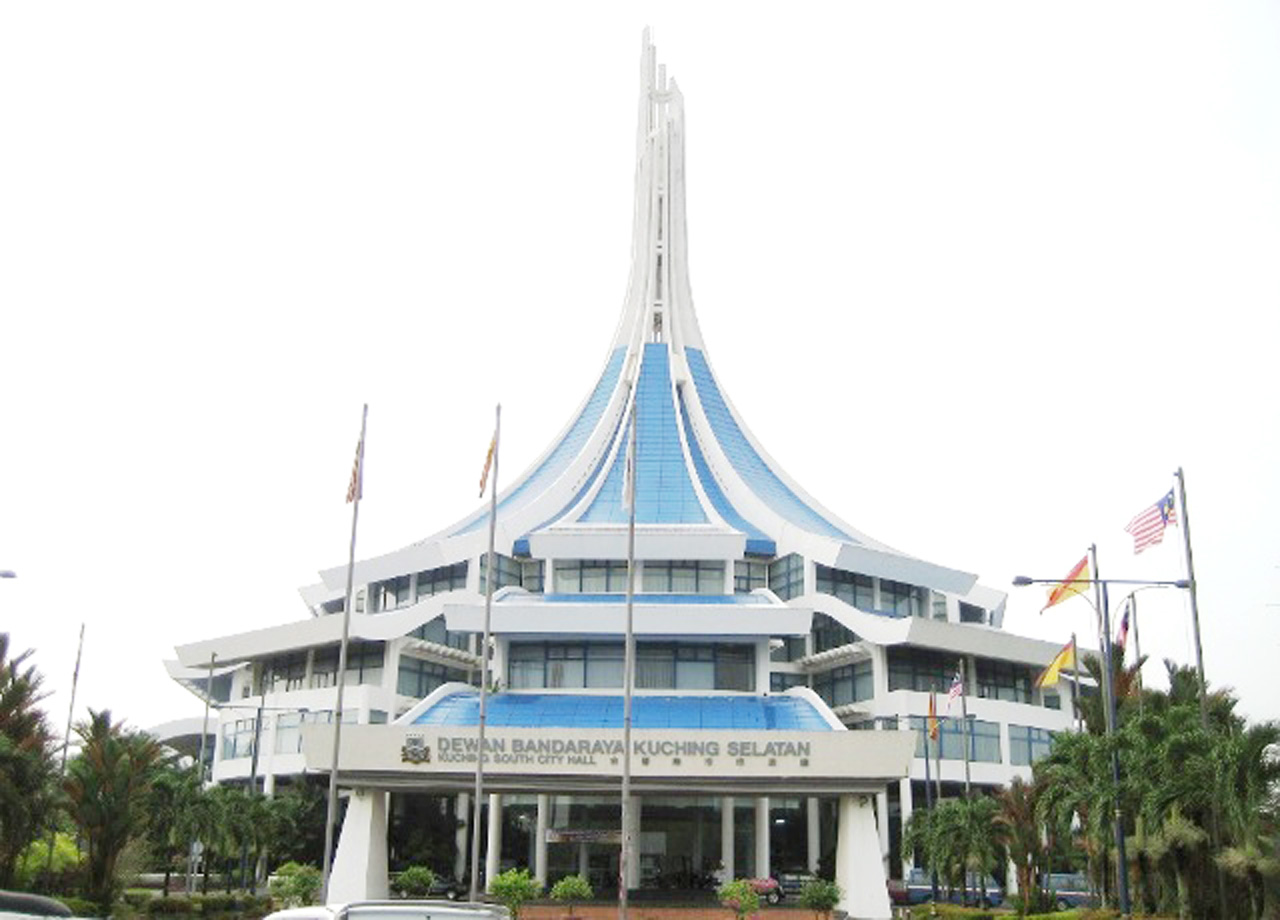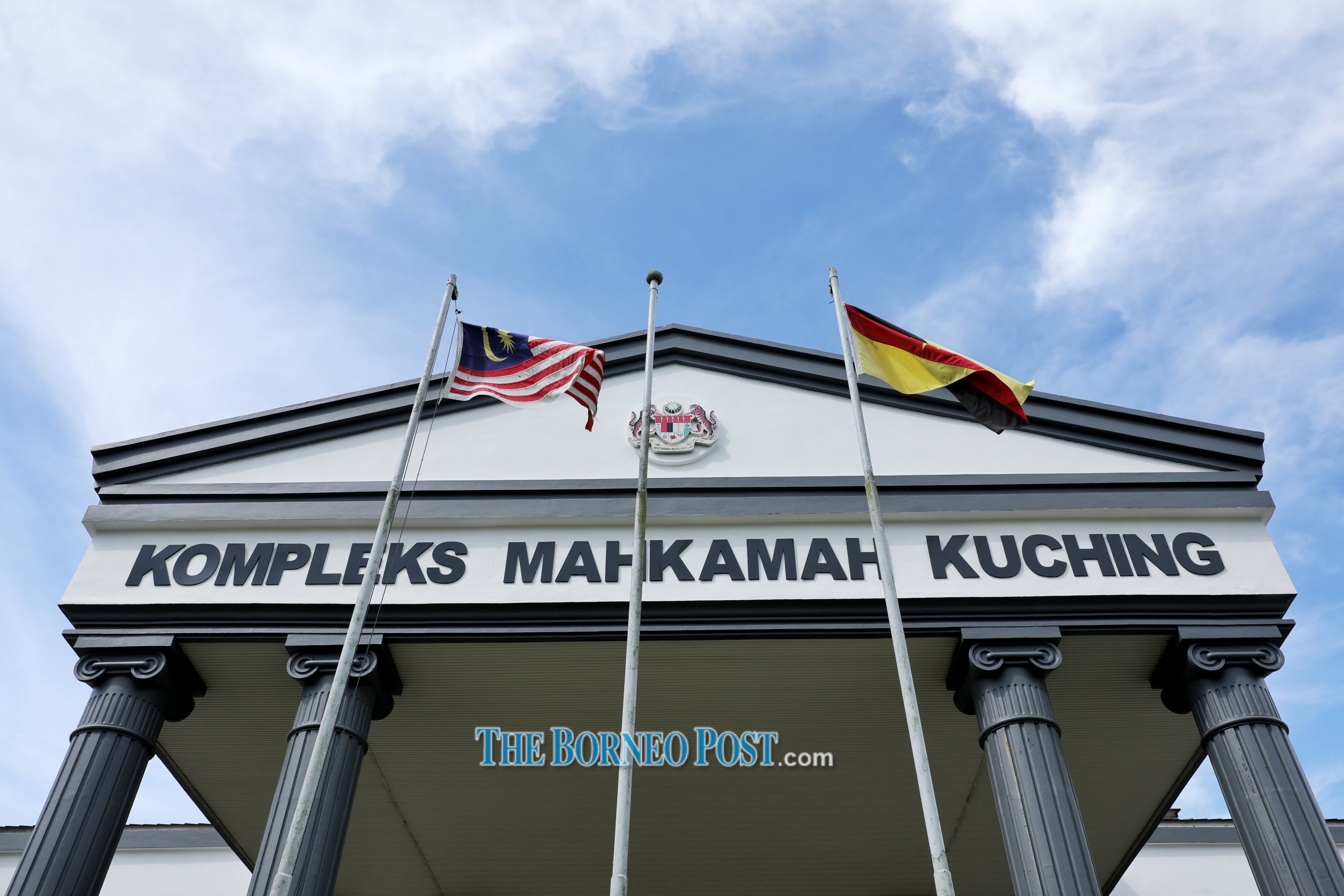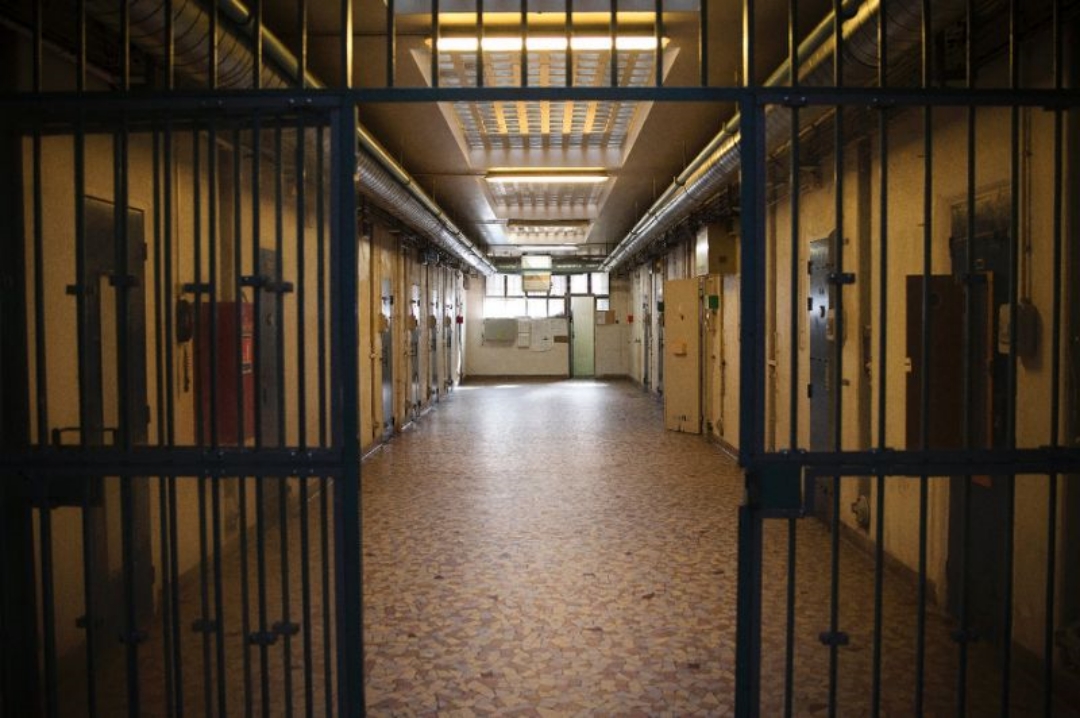ADVERTISE HERE

Do you know the councillor for your area is? For a bowl of ‘laksa’, I bet that you do not.

LOCAL government elections were introduced to Sarawak in 1948, and they were abolished 33 years later; thus severing a vital leg of the three-tier system of government from the other two legs – the divisional council and the state legislature.
Why were these elections abolished, considering the importance of grassroots-level government?
After all, it was the main reason why the Local Authorities Ordinance 1948 was enacted – in order to serve the interests and needs of the resident ratepayers in each town and city.
We pay the rates for the services of collection and disposal of rubbish for health reason; clearance of blocked drains to prevent flooding at nearby properties; dismantling of dilapidated buildings; spraying of insecticide to check vector-borne diseases; culling of stray dogs to prevent rabies outbreaks, et cetera.
Last Tuesday, I read two statements made by young politicians from two political parties (The Borneo Post – Jan 9, 2024).
Both were urging the local authorities to deal with dogs: in Miri, to rid the city streets of the strays; in Kuching, the policy of culling dogs to prevent the spread of rabies is not considered the most effective method.
These sorts of complaints ought to be lodged with the respective local authority. That would be a more effective channel because the complaints can be taken more seriously and promptly be acted promptly by the relevant subcommittee in charge of, say, the Dog Catching Squad or the Mosquito and Pests Destruction Team, or the Drug Addicts Monitors.
These are the council’s employees and they carry out instructions.
It is all officially done – they do not act on press statements and Facebook postings!
In the past, each councillor in the Kuching Municipal Council was allotted a ‘ward’ within which he operated.
He had to look after the interests of the ratepayers there, or else he would not get re-elected.
He had a stake in that ward (like a constituency) so he must deliver the goods.
These sub-committee names are given by me because I could not find out the name of the councillor who is supervising the area where I live.
No one among my fellow ratepayers knows who our councillor is.
We would love to talk to him or her. We are apolitical, just simple ratepayers expecting prompt services normally provided by an effective local authority.
We do not talk about high politics with a councillor; we do that to our State Legislative Assembly member and our MP, if and when we have some serious problems or issues of national importance for them to bring to the legislature, at the state or at the federal government level.
Otherwise, we do not bother our lawmakers unnecessarily.
All this while, I have been waiting for someone to tell us the reason or reasons why the local government elections were abolished.
It was only in 1975 that I had the hunch of a possible reason for the necessity to amend the Local Authority Ordinance.
I befriended a district councillor. One day, he wrote a letter without ‘CR’ in front of his name as he had been doing when he was with the district council in Lubok Antu.
He was a bit depressed that day. I asked him if he knew why he was sacked.
“Not sacked ‘lah’,” he insisted, explaining: “You see, I am a member of SNAP (now-defunct Sarawak National Party). They ‘takut’ (afraid of) SNAP, you know.”
So far, no one in authority has given any good reasons for the cancellation of elections to the local authorities.
Perhaps, it is one of those issues that would be better forgotten, but that is precisely what draws the history buffs in town together because this subject has become an issue in terms of local government development in Sarawak.
It is a black spot in the political history of modern Sarawak, I say. We should have retained the council’s elections for our own good!
A good colonial legacy
It was the deliberate policy of the colonial government in Sarawak (1947-1963) to train Sarawakians for the day when their country would become politically independent of Great Britain, and they would be of its Rajahs.
The local government elections were considered vital for the smooth running of the Sarawak government once the colony achieved its independence.
It was the declared intention of the government of Rajah Vyner Brooke to educate the future rulers of Sarawak in the system of government, which would be more suitable for them than the Raj had been.
So he formulated the principle or theory of government of Sarawak called the ‘Nine Cardinal Principles’. One of the fundamental principles was that the self-rule must be given to Sarawak so that its people (Chinese citizens of the Raj and the indigenous peoples) would rule their own country after the Pacific War (1941-1945).
His one-man rule over Sarawak had come to an end and he wanted to hand over power to a group of elected legislators from Sarawak itself.
But, but, before that, Sarawakians must be well-versed in the art of governing.
Hence, the importance of the local authorities formed by law in 1948 throughout all the districts, and the elections of councillors to man each council were part and parcel of the architecture of the government.
If it was the fear of SNAP capturing most of the council seats and thereby, holding power at the grassroots level of government, then the main rationale for the abolition of local government elections was a pure political act.
It deprived many rural people of the right to choose their representatives, a key component of a stable government.
Then someone should start talking about revisiting the local government elections.
Any takers?
What say all the young politicians in all the political parties in the state?









 English (US) ·
English (US) ·